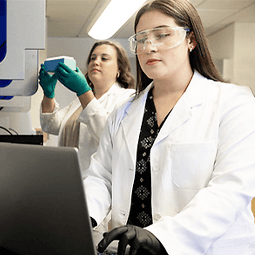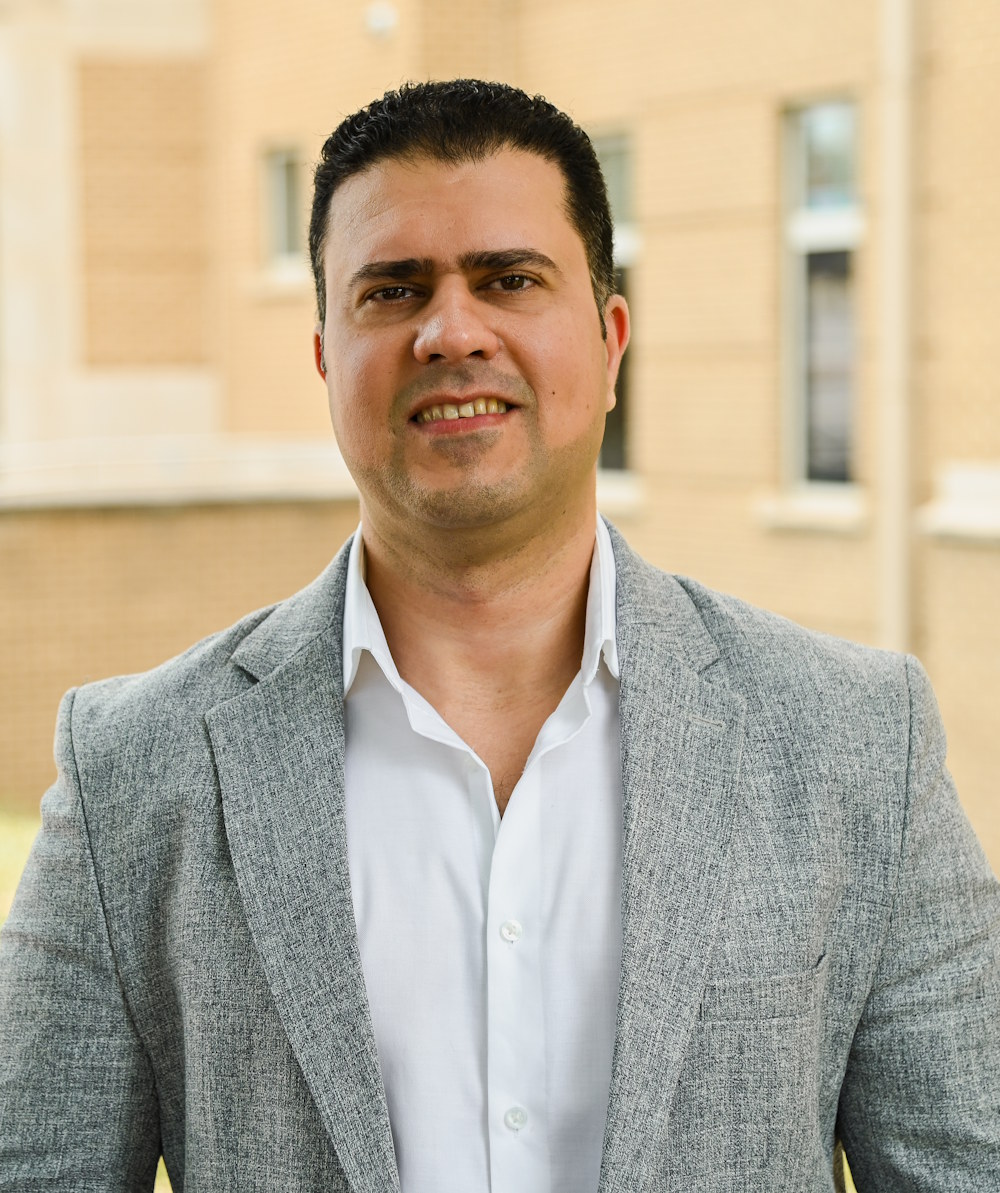
Find Out More
Epidemiologists design and conduct investigations aimed at improving the health of groups of people by combining knowledge from the social sciences, medicine, biology, the environment, and statistics.
July 1, 2025 | Erin Bluvas, bluvase@sc.edu
Ali Alfalki is only at the midpoint of his doctoral program, and the epidemiologist is already making a big impact on the state. This past spring, Alfalki completed a practicum with the South Carolina Department of Public Health (DPH) that will advance research, policy development, and community health initiatives for years to come.
It began with the DPH’s desire to harness the vast amount of data contained within the Behavioral Risk Factor Surveillance System, a global health survey that S.C. has participated in since 1984. Leveraging his biological and epidemiological research expertise, Alfalki used Power BI (i.e., a data visualization platform) and GIS technology to develop the Health Indicators Overview Dashboard.
“This dynamic, user-friendly tool enables stakeholders to explore a decade's worth of health data, segmented by county, age, income, education, race/ethnicity and sex, providing critical insights into health disparities and trends across South Carolina,” Alfalki says. “I designed the dashboard to assist the DPH in improving public health strategies by visualizing key health indicators such as diabetes, asthma, COPD, depression, heart attacks, coronary heart disease and kidney disease.”
Alfalki’s passion for advancing research and interventions that improve community health and eliminate health disparities began more than a decade ago. With a background in infectious disease microbiology, he has worked with Doctors Without Borders in Belgium, the DLH Corporation in Atlanta, Georgia, Abott Laboratories in California, and the County of San Diego.
In 2021, he completed a Master of Public Health from the University of New England. When Alfalki began looking at doctoral programs, the Arnold School’s Department of Epidemiology and Biostatistics’ strong emphasis on methodological rigor and applied public health research caught his attention.
“The Ph.D. in Epidemiology program's focus on addressing real-world health disparities aligned perfectly with my interests in chronic disease and social determinants of health,” he says. “Additionally, the faculty's expertise and supportive research environment made USC the ideal place to advance my training and impact.”

Since enrolling in 2023, Alfalki has joined the Dean’s Student Advisory Council and immersed himself in the diverse and supportive student culture. He has found that the strong international community brings a variety of global perspectives and that living in the capital city offers opportunities to engage with real-world public health challenges.
Alfalki has enhanced his training and knowledge as a Behavioral Biomedical Interface Program T-32 Predoctoral Fellow and expanded his research experience by working with Angela Liese in the epidemiology professor’s Food Security and Diabetes Lab. As a graduate research assistant, he collects and analyzes data related to continuous glucose monitoring, mood, and physical activity among study participants.
“Dr. Liese has played a pivotal role in shaping both my academic and professional journey,” Alfalki says. “Her guidance has helped me refine my research focus on chronic disease epidemiology, particularly the role of social determinants in diabetes outcomes. Beyond technical skills, she has taught me the importance of translating research into actionable public health solutions. Her encouragement and expertise continue to inspire me to pursue a career that blends rigorous research with real-world impact.”
Alfalki will continue that pursuit after graduating by gaining additional research experience with a postdoctoral fellowship. His long-term goal of conducting research at a university or an organization like the National Institutes of Health will enable him to contribute meaningfully to public health, particularly in the areas of health equity and community health.
“Come in with curiosity, persistence, and a clear sense of purpose,” Alfalki advises prospective students. “Public health is broad, so take time to explore different areas like chronic disease, social determinants, or data science early on. At USC, take advantage of the strong mentorship and interdisciplinary collaboration available. Lastly, connect with fellow students, especially international ones; you'll learn a lot from each other and feel more supported throughout the journey.”